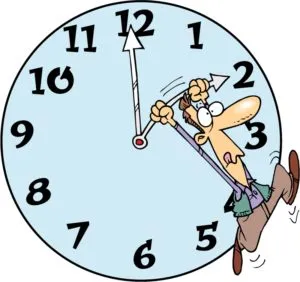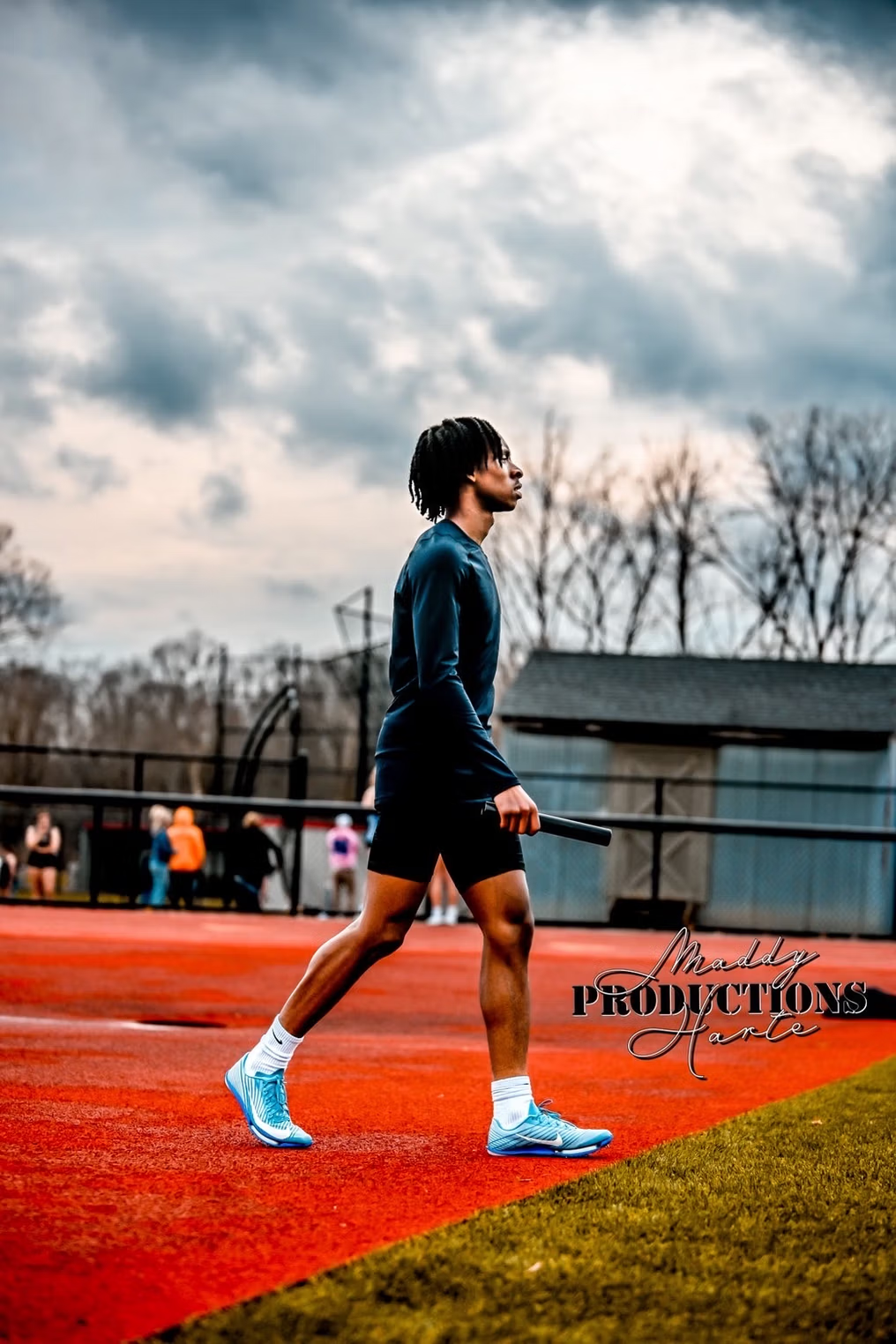
Every spring, we “spring forward” and lose an hour of precious sleep; every fall, we “fall back” and temporarily enjoy an extra hour. This bi-annual clock change, known as Daylight Saving Time (DST), has been around for over a century. The modern concept of DST did not originate with farmers, as many assume that this was the development. While ancient civilizations did adjust daily schedules to seasonal daylight, the push for DST as we know it came much later. While the modern implementation is credited to others, the idea of shifting waking hours to save energy dates back to Benjamin Franklin in 1784. In a satirical essay titled “An Economical Project” written in the April 26, 1784 edition of the Journal de Paris, he proposed that Parisians could economize on candlelight by rising earlier.
“The only part of Daylight Savings I like is when we get an extra hour of sleep,” says junior Lucas Minicucci. “Other than that I don’t really care for it”.
The U.S.A. first implemented DST with the Standard Time Act of 1918, also as a wartime measure. It was repealed after the war but was re-established nationally during World War II as “War Time.” Clocks are set forward one hour on the second Sunday in March at 2:00 a.m. local time (meaning the hour from 2 a.m. to 3 a.m. disappears). Clocks are set back one hour on the first Sunday in November at 2:00 a.m. local time (meaning the hour from 1 a.m. to 2 a.m. is repeated). The only places in the U.S that do not observe daylight hours are Arizona and Hawaii. We as a country are still one of the only countries who still observe this “holiday.”.The controversy is, why are we the only people still doing the fall back and spring forward? Well…. There is also a lot of political clashing over this topic. The primary reason DST continues is a lack of consensus on whether to switch to permanent standard time or permanent DST. Either the world partakes in this or we partake in all standard time.
“I don’t really mind daylight saving time,” states senior Gabby Capobianco. “I am really going to enjoy driving to school when it is not pitch black outside.”
All and all, which side of the clock change will ultimately win out, and how many more hours of sleep will we lose waiting for a final decision?







